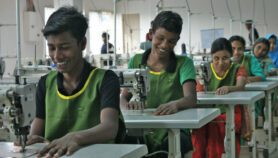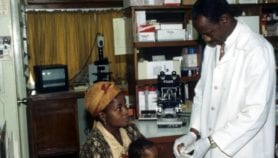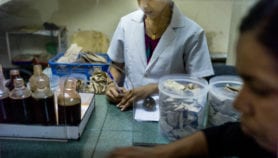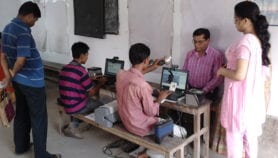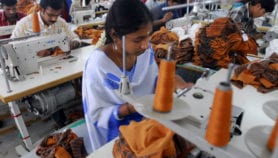By: Hepeng Jia
Send to a friend
The details you provide on this page will not be used to send unsolicited email, and will not be sold to a 3rd party. See privacy policy.
[BEIJING] Chinese and European bioethicists and life scientists have formed a new expert group to promote ethical behaviour in biomedical research in both regions.
At a meeting in Beijing last week (1-6 April) the Ethical Expert Group of BIONET ― a European-Chinese collaboration on ethical governance in life sciences ― was established, consisting of leading bioethicists and biomedical researchers.
The group’s chair, Christoph Rehmann-Sutter, a professor of bioethics at the University of Basel, Switzerland, said they would hold four workshops and two conferences in China over the next three years.
These will discuss ethical issues raised in research fields in which European Union (EU) and China cooperate, as well as other biomedical research.
“European countries have a longer history of bioethical governance, and their experience could be beneficial to China through the collaboration project,” Rehmann-Sutter told SciDev.Net.
Issues discussed will include challenges and approaches to the ethical governance of advanced biological and biomedical research in China, the promotion of comparative research on ethical governance in China and the EU, and methods to improve the public’s understanding of key bioethical issues.
They will also cover the ethical aspects of topics such as stem cell research, reproductive technologies, clinical trials and informed consent for clinical research.
By the end of 2009, the expert group will deliver a series of policy recommendations for the promotion of ethical governance in biomedical research in China and the EU.
“I believe BIONET will help standardise [China’s bioethics] practice so that we can protect the interests of the common people,” says Lu Guangxiu, a professor of bioethics at the Institute of Human Reproduction and Stem Cell Engineering in China’s Hunan Province.
Ole Döring, a bioethics expert at the Institute of Asian Affairs in Hamburg, Germany, says that the BIONET partnership will not only benefit China, but Europe too.
“In China, the implementation of bioethical rules is often very diversified and complicated. By learning how to cope with these situations, European countries can make more applicable and practical ethical governance in the life sciences,” says Döring.



